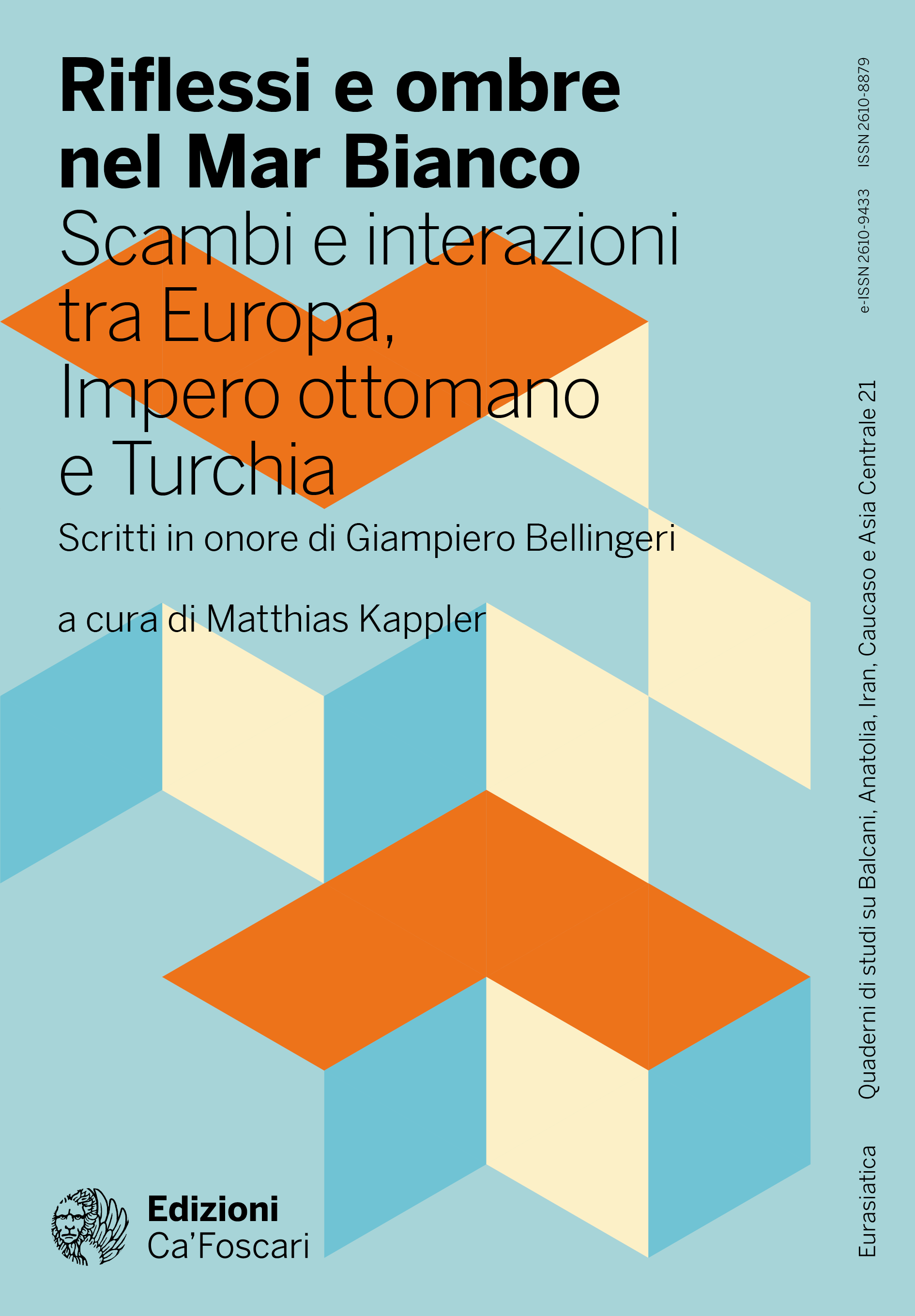Series |
Eurasian Studies
Edited book | Riflessi e ombre nel Mar Bianco
Chapter | Uno straniero in Terra matrigna
Uno straniero in Terra matrigna
La traduzione italiana del romanzo Yaban di Yakup Kadri Karaosmanoğlu
Abstract
Between 1941 and 1942, the novel Yaban by Yakup Kadri (Karaosmanoğlu), published in Turkey in 1932, appeared in the ‘Medusa’ series of Mondadori editions. It was the first time that a twentieth‑century Turkish novel was translated into Italian and it was not done in a specialist field, i.e. by scholars, orientalists or even more precisely Turkish scholars, but within a series of a prestigious and innovative publishing house that had been set up to promote great international literature. The novel, which in Italian is entitled Terra matrigna, is however not a translation from the original but from German. Only a couple of years earlier, in fact, the same novel had been translated from Turkish into German, raising a certain clamour, especially in Turkey. This essay proposes a reconstruction of the editorial process that accompanied the Italian publication of Karaosmanoğlu’s novel, in an attempt to situate this first diffusion of a modern Turkish literary work in the Italian and European context, in order to understand the cultural relations and the framework of the understanding and reception of early twentieth‑century Turkish literature in Europe.
Submitted: Aug. 5, 2023 | Accepted: Oct. 10, 2023 | Published Feb. 21, 2024 | Language: it
Keywords Turkish literature • Translation history • Italian Turkology • Yaban • Yakup Kadri Karaosmanoğlu
Copyright © 2024 Lea Nocera. This is an open-access work distributed under the terms of the Creative Commons Attribution License (CC BY). The use, distribution or reproduction is permitted, provided that the original author(s) and the copyright owner(s) are credited and that the original publication is cited, in accordance with accepted academic practice. The license allows for commercial use. No use, distribution or reproduction is permitted which does not comply with these terms.
Permalink http://doi.org/10.30687/978-88-6969-794-4/006
